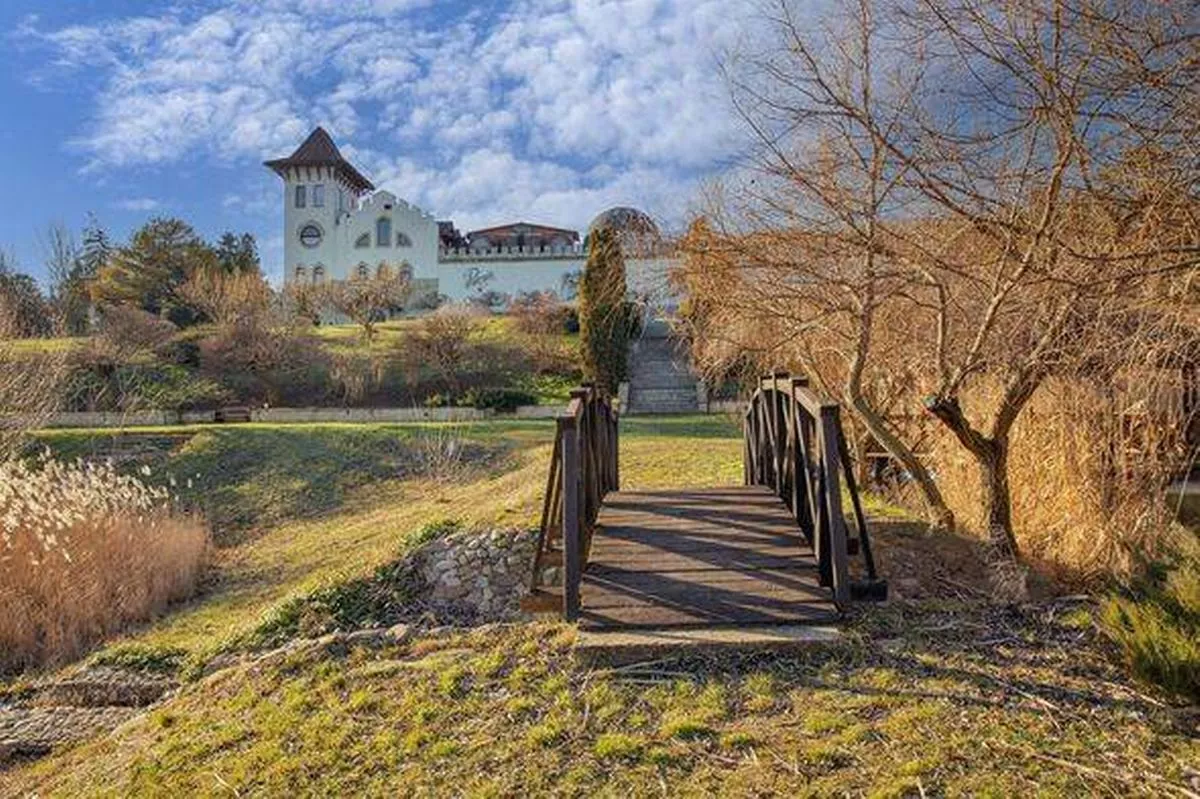Moldova, one of Europe’s least visited countries, offers incredible value for British travellers with restaurant meals from £3.50, flights from London starting at £51, and stunning scenery including underground wineries and historic monasteries without the crowds
A stunning European destination that remains “unnoticed by tourists” serves up dining experiences for just £3.50. Fewer than 150,000 visitors annually are believed to venture to Moldova, tucked between Ukraine and Romania.
Yet this nation presents budget-friendly travel possibilities with flights from London starting at merely £51. Holiday-makers can also savour a restaurant meal for as little as £3.50 (€5) whilst a soft drink costs under £1.
The typical hotel in the capital Chisinau is reported to charge travellers approximately £26 per night, according to El Economista, reports the Express.
This landlocked country showcases breathtaking landscapes including the Nistru River and the ancient cave monasteries of Tipova. It’s also the location of enormous subterranean wineries like Cricova alongside the sprawling Codru National Reserve.
Moldova even houses the globe’s most extensive collection of wine bottles. The nation stores 1,500,000 valuable bottles of wine, including one that once belonged to Russian President Vladimir Putin.
This country, which proclaimed its independence in 1991, has remained torn between its connections to Russia and the European Union.
It submitted its EU membership application in March 2022, receiving candidate status in June that same year. The nation is targeting complete EU membership by 2030.
However, it’s believed the separatist region of Transnistria might prove problematic following Russia’s invasion of neighbouring Ukraine. The UK Government strongly advises against all travel to the Transnistria region.
The Foreign, Commonwealth & Development Office warns: “FCDO advises against all travel to Transnistria. There is widespread military activity in Ukraine, including close to some Moldovan borders. Transnistria is outside the control of the Moldovan government.”
YouTuber Steve Marsh ventured to the nation in 2023, confessing he felt “nervous” during his journey after his return flight was cancelled due to “security” concerns. However, he quickly found himself charmed by the country.
He shared: “As first impressions go, I really like this place, and even with this horrible weather. The fact that nobody comes here just adds to the allure for me.”
Travel blogger Drew Binksy also had words of praise for the small nation. He expressed: “I actually really like Moldova.
“Chisinau is the capital. It’s like the least visited city and country in Europe. No one really knows about it.
“[It is] Very similar to Russia. They speak Russian. They look Russian, they act Russian, but it’s this kind of mix of European, little bit of Ukrainian vibes because it’s kind of sandwiched there on the border.
“They have really good wine in Moldova. There’s a place called Orhei. I’m not pronouncing it right, but I went down there for the winery tour and it was fantastic.”

